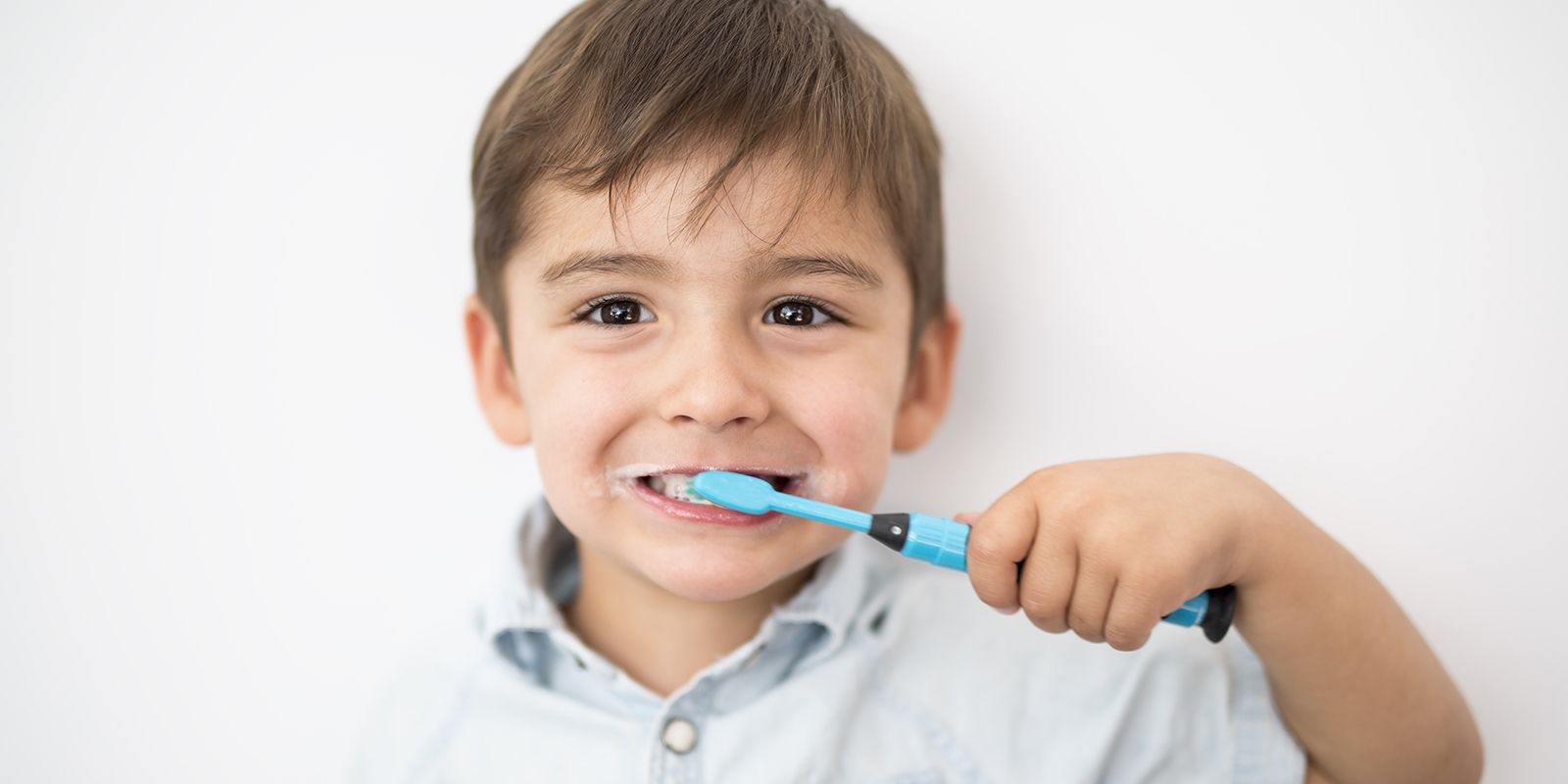February is National Children’s Dental Health Month, so we have put a list together of the most common questions in regards to children’s dental health and the answers.
When Do Babies Start Getting Teeth?
While babies can be born with teeth, most babies will begin to get their teeth 6 months to 1 year of age.
When Do I Start Brushing My Baby’s Teeth?
Before the baby’s first tooth even arrives you should be regularly cleaning the baby’s mouth with a soft clean damp cloth. Once teeth arrive you should begin to brush them twice a day.
What Kind and How Much Toothpaste Should I Use?
For children younger than 3 years, brush their teeth using fluoride toothpaste, using a smear of toothpaste no larger than a grain of rice. For children 3-6 years of age, you should brush their teeth with fluoride toothpaste, using a smear of toothpaste no larger than the size of a pea.
When Should I Schedule Baby’s First Dental Appointment?
Baby should visit the dentist as soon as their first tooth comes in and no later than their first birthday.
When Can My Child Start Brushing Their Teeth Unsupervised?
This will depend largely on the child. However, after the age of 6, they should be able to brush their own teeth with supervision. After this, it is entirely unique to the child on when they will be able to be trusted to properly brush on their own.
When Should I Start Flossing My Child’s Teeth?
As soon as your child has two or more teeth that snuggly touch each other is when you need to begin cleaning in between the teeth – flossing at least once per day. Initially flossing for your child and eventually supervising while they floss themselves.
When Can My Child Floss On Their Own?
Like brushing, this will be dependent on the child and their skill level. However, most children can begin to floss on their own by 10 years of age.
Do Baby Teeth Matter?
Absolutely! Even though your child will eventually lose their baby teeth they are still incredibly important. Baby teeth help your child enunciate, chew, provide space for their permanent teeth, and stimulate normal development of the facial bones and muscles. Caring for baby teeth is also important as it will teach your child important life long skills on the significance of oral health care and how to best care for their teeth. These skills will impact them into adulthood, meaning if a child is not taught to properly take care of their teeth, it is very likely that as an adult they will not value good oral hygiene and vice versa.
More Questions About Children’s Dental Health?
Schedule a visit today and we can help answer any additional questions you may have in regards to your child’s dental health. Give us a call today: (763) 546–1301.

